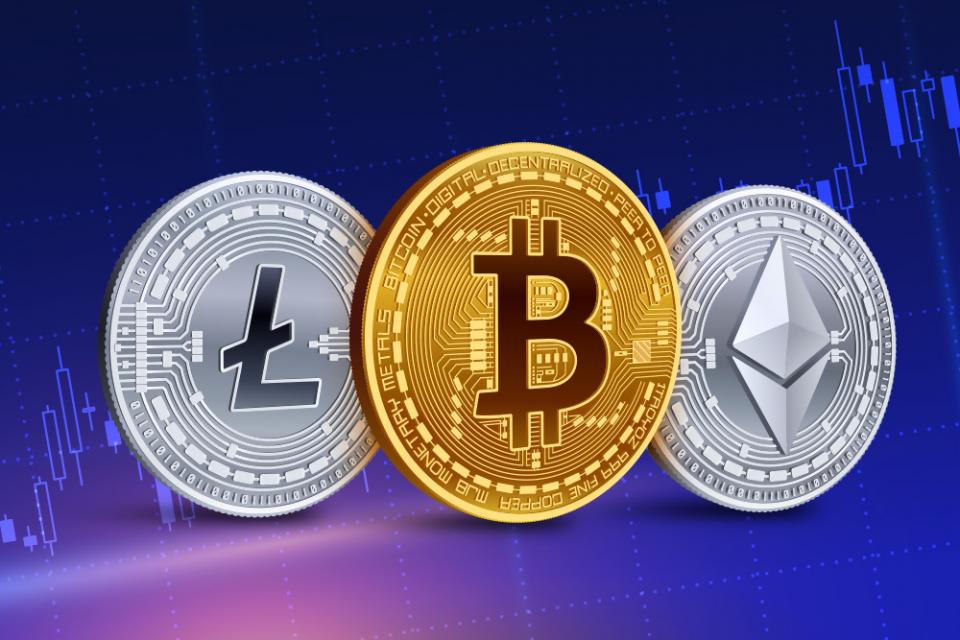

- From our Sponsors -
Naturally, not all digital assets can be recovered. Corrupted hard drives or those that were thrown away are likely gone for good. However, Crypto Asset Recovery claims that if you had encrypted private keys but forgot your password or had a failing hard disk with private keys, it has a reasonable probability of recovering your lost funds.
The approach is all the same whether you're using a desktop, mobile, or hardware wallet: seek for the seed phrase you've saved in a safe location just in case, then enter it into your new wallet. If all goes according to plan, your balance will be restored, and your coins will be returned to your wallet within seconds.
However, there are a few exceptions to this rule because not all wallets use a seed phrase to recover access. Hashwallet generates a unique recovery key and seed during the smartcard device setup. These components can be used to get funds from the wallet when used together. However, they must be kept separate for security reasons. Before being irreversibly destroyed, the recovery key and seed are carefully kept on the smartcard.
There is a chance that a third party could be able to access your private key if your phone or hardware wallet is lost or stolen. If that's the case, loading it into your new wallet won't stop them from draining it or using the original device as soon as possible. You should sweep your private key to prevent this from occurring. When you enter your private key into a new wallet, you might ask what happens to your previous wallet.
This entails initiating a transaction that drains the balance from the lost wallet and sends crypto to a new private/public key pair that only you have access to.
A private key is mathematically linked to all public keys (i.e. addresses) created for a particular crypto wallet and can be represented as a string of letters and numbers. It can also be represented as a seed phrase. Sweeping a wallet, draining it, and aggregating its balance into a new one is possible with most non-custodial wallets, including Ledger, Trezor, Exodus, Electrum, Samourai, and Metamask.
When a private key is imported into a brand new wallet, the more memorable seed phrase is usually used. All prior versions of that wallet, such as those on a lost phone, hardware, or paper wallet, remain accessible. This increases the chance of a third party discovering the older wallet and draining the cash.
Assume you're confident that a third party won't be able to recover your previous wallet (the software has been deleted, for example, or your paper wallet has been eradicated). You can just import your private key into your new wallet in that scenario.
If you're importing a private key into a hardware wallet like a Ledger, you'll need to take an extra step. First, import the private key into a wallet like Electrum, then transmit the coins to your Ledger address.
Finally, if you're transferring your seed phrase from one wallet to another — for example, from Exodus to BRD – you should be aware of the derivation path. HD wallets generate a master seed based on BIP 32, which is used to generate all future keys. When importing, the derivation path utilized may differ between wallets and must be established correctly. The website Walletsrecovery.org is still in development; however, it contains information on the derivation paths used by the major hardware and software wallet developers.
Even the most sceptical bitcoin owners may be enticed to let down their guard around individuals who offer to assist them recover their funds. That's simple to accomplish if you have hundreds of thousands, if not millions, of funds stashed away in a digital wallet.
Official crypto industry representatives warn consumers, however, to thoroughly vet any asset recovery service they hire. Many ostensibly legitimate businesses are simply con artists that gain access to your account and then make off with the money. They might ask for a fee up front in exchange for doing the work, with the promise that you'll get your bitcoin eventually and then run off with the money.
If it happens that you lose your crypto wallet, sweep your private key into a new wallet if possible, and if you're switching to a different brand of wallet, check the derivation path. The expense of replacing a lost hardware wallet or smartphone is rather high, but the most important thing is that your money is secure. Keep your wallet seed in a secure location, and you'll be safe in the event of a mishap. If you managed to secure your wallet you can check its value and cryptocurrency pricing at cex.io.
- From our Sponsors -